Marine Habitat Changes What Is An Ocean Habitat? (with Pictures)
Marine habitats are fascinating ecosystems that are home to a wide variety of organisms and play a vital role in maintaining the health of our planet's oceans. These habitats encompass diverse environments such as coral reefs, sea grass beds, mangrove forests, and deep-sea trenches, each with its own unique characteristics and species. In this article, we will explore the importance of marine habitats and the various factors that contribute to their destruction. So, grab a cup of coffee and let's dive in!
keyword
One of the marine habitats closely associated with the keyword is the marine habitat at Atlantis, known as Paradise Island. The Atlantis Marine Habitat offers visitors a unique opportunity to observe and interact with a rich diversity of marine life. With stunning aquariums, lagoons, and underwater ruins, it provides a captivating experience for both children and adults.

The marine habitat at Atlantis is home to numerous species of fish, sea turtles, sharks, and rays. Visitors can explore the Ruins Lagoon, where they can observe ancient ruins while swimming alongside colorful tropical fish. The Predator Lagoon offers a thrilling experience as you come face to face with sharks and other formidable predators.
This marine habitat also focuses on conservation and education. It actively participates in marine research and rehabilitation programs, aiming to conserve and protect the delicate ecosystems that exist within its boundaries.
Exploring marine habitats, such as this one at Atlantis, not only provides an unforgettable experience but also raises awareness about the importance of ocean conservation. By understanding the beauty and fragility of these habitats, we can take actions to preserve them for future generations.
keyword
Another marine habitat related to the keyword is the Marine Conservation Organization known as CO-EXIST Projects. This organization is dedicated to the conservation and protection of marine habitats worldwide. They work towards creating sustainable solutions to the various challenges faced by these habitats.
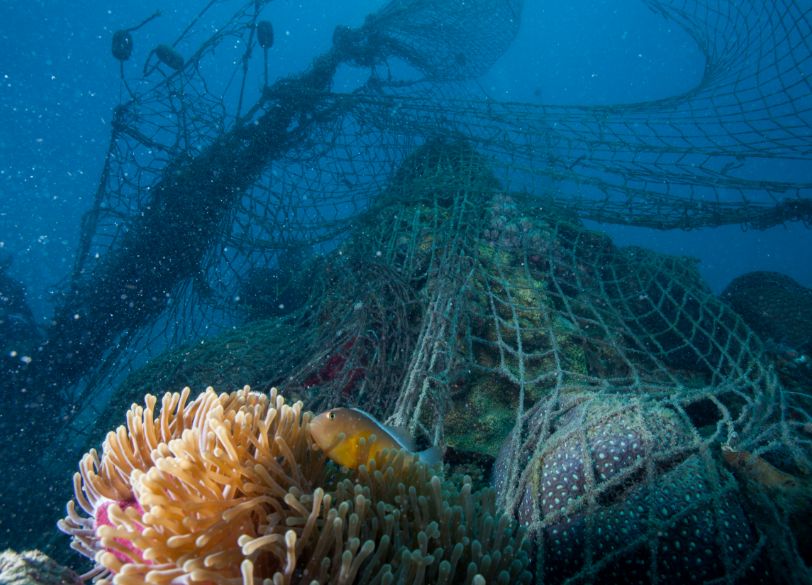
CO-EXIST Projects focuses on several initiatives, including habitat restoration, marine species protection, and raising public awareness about the importance of marine conservation. Their approach is multidisciplinary and involves collaboration with scientists, policymakers, and local communities.
One of their key projects is the rehabilitation of coral reefs. Coral reefs are incredibly diverse habitats, supporting more species per unit area than any other marine environment. However, they are highly susceptible to climate change, pollution, and destructive fishing practices. CO-EXIST Projects actively engages in coral reef restoration efforts to ensure the long-term survival of these critical ecosystems.
By supporting organizations like CO-EXIST Projects, we can contribute to the preservation of marine habitats and the species that depend on them. Together, we can make a difference in safeguarding the future of our oceans.
keyword
Understanding the causes of marine habitat destruction is crucial for implementing effective conservation strategies. Greentumble, an environmental education website, provides valuable insights into the top causes of marine habitat destruction.

One major cause of marine habitat destruction is pollution. The discharge of industrial waste, plastics, and chemicals into the ocean harms marine life and disrupts the delicate balance of the ecosystem. Pollution can lead to the decline of certain species, biodiversity loss, and the destruction of habitats such as coral reefs and sea grass beds.
Another significant cause is overfishing. Unregulated and unsustainable fishing practices can deplete fish populations, disrupt food chains, and cause imbalances within the marine ecosystem. This can have far-reaching consequences, impacting not only the targeted species but also other organisms that rely on them for survival. Implementing sustainable fishing practices is essential for maintaining the health and productivity of marine habitats.
Climate change is another critical factor contributing to the destruction of marine habitats. Rising global temperatures and ocean acidification directly affect marine organisms, including coral reefs and phytoplankton. Coral bleaching, caused by increased water temperatures, has already resulted in widespread damage to coral reefs worldwide. Taking measures to mitigate climate change is vital for the preservation of marine habitats.
By addressing these causes of destruction and implementing conservation measures, we can help protect and restore marine habitats. Our collective efforts can make a positive impact on the health and sustainability of our oceans.
keyword
Aquatic ecosystems are complex and influenced by various biotic factors. Understanding these factors is crucial for comprehending the dynamics of marine habitats. Sciencing, an educational website, provides insights into the five key biotic factors of an aquatic ecosystem related to the keyword.
The first biotic factor is phytoplankton. These microscopic photosynthetic organisms are the primary producers in aquatic ecosystems, converting sunlight into energy through photosynthesis. Phytoplankton form the base of the food chain, providing essential nutrients for other organisms.
The second factor is zooplankton, which consists of small, drifting animals. Zooplankton feed on phytoplankton and serve as a vital food source for larger organisms, such as fish and marine mammals. They play a crucial role in transferring energy through the food web.
Aquatic plants, such as sea grasses and algae, are another important biotic factor. They provide shelter, food, and oxygen to various organisms. Additionally, aquatic plants contribute to the stability of the ecosystem by preventing erosion and acting as nurseries for juvenile organisms.
Marine animals, including fish, crustaceans, and marine mammals, are an integral part of aquatic ecosystems. They occupy various niches and help in nutrient cycling, predation control, and energy transfer. The interactions between these animals shape the dynamics of the ecosystem.
The final biotic factor is decomposers. These organisms, such as bacteria and fungi, break down organic matter, recycling nutrients back into the ecosystem. Decomposers play a crucial role in nutrient cycling and maintaining the overall health of the aquatic environment.
Understanding these biotic factors and their interactions is key to comprehending the delicate balance within marine habitats. Each organism has a specific role to play, contributing to the overall health and functioning of the ecosystem.
keyword
It is no secret that our oceans are undergoing significant changes due to climate change. Warmer temperatures and lower oxygen levels pose serious threats to marine habitats. Research has shown that these changes will result in shifts in the distribution and composition of marine ecosystems.
Warmer temperatures can lead to the bleaching and eventual death of coral reefs. Coral reefs are highly sensitive to changes in their environment, and prolonged exposure to warmer waters can cause them to expel the symbiotic algae they rely on for nutrients and color. This not only affects the coral itself but also impacts the entire ecosystem that depends on the reef.
Lower levels of oxygen in the ocean can also have detrimental effects on marine habitats. Some species of fish and other marine organisms rely on oxygen-rich environments to survive. A decrease in oxygen levels can force these species to migrate, impacting the balance of marine ecosystems.
In addition to the direct impacts on marine organisms, shifts in marine habitats can have cascading effects on other ecosystems. For example, changes in the distribution of certain species due to warming oceans can affect the predators and prey they interact with, ultimately influencing entire food chains.
Understanding these changes and their potential consequences is essential for developing strategies to mitigate the impacts of climate change on marine habitats. By reducing greenhouse gas emissions and implementing protective measures, we can help preserve these precious environments.
keyword
The Mid-Atlantic Regional Council on the Ocean (MARCO) plays a crucial role in the conservation and management of marine habitats in the Mid-Atlantic region.
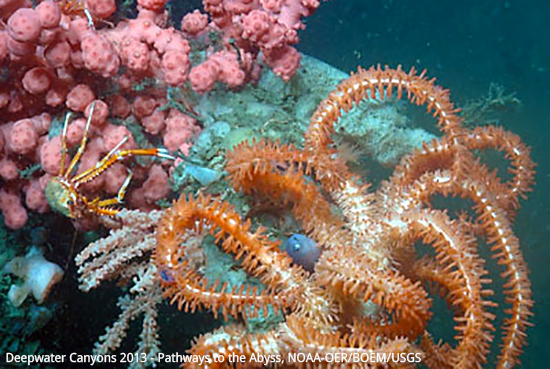
MARCO focuses on collaborative efforts among government agencies, non-profit organizations, and stakeholders to promote sustainable practices and protect the marine habitats in the region. They work towards balancing the economic benefits of ocean use with the need to preserve and conserve these critical ecosystems.
One of MARCO's initiatives is promoting smart ocean planning. By engaging stakeholders and utilizing scientific data, they strive to find a balance between various uses of the ocean, such as fishing, shipping, renewable energy projects, and conservation efforts. This approach ensures that marine habitats are protected while allowing for sustainable economic activities.
MARCO also emphasizes the importance of public engagement and education. They aim to raise awareness about the significance of marine habitats and the need for their conservation. By involving local communities and providing them with the knowledge and tools to make informed decisions, MARCO fosters a sense of stewardship towards marine environments.
Through the dedicated efforts of organizations like MARCO, we can work towards preserving the integrity and diversity of marine habitats for future generations to enjoy.
keyword
Marine habitats are incredibly diverse, spanning from shallow coastal areas to the abyssal depths of the ocean. Each habitat offers unique environmental conditions that support distinct communities of organisms. The variety of marine habitats is truly astonishing, and they are spread across the globe.
/466198951-56a5f7115f9b58b7d0df5004.jpg)
Coral reefs are one of the most well-known marine habitats. These diverse and vibrant ecosystems are found in tropical and subtropical waters around the world. They provide shelter, food, and breeding grounds for an estimated 25% of all marine species.
Another significant marine habitat is the kelp forest. Kelp forests are found in temperate and polar regions with nutrient-rich waters. These towering underwater forests are formed by large brown algae, providing habitats for a wide range of fish, invertebrates, and marine mammals.
Mangrove forests are coastal habitats characterized by their dense growth of mangrove trees. These forests are found in tropical and subtropical regions and serve as nurseries for numerous marine species. Mangroves provide protection from storms, stabilize coastal sediments, and act as filters, trapping pollutants before they reach the ocean.
Seagrass beds are another crucial marine habitat. These underwater meadows consist of grass-like plants adapted to live in saline environments. They provide food and shelter for a plethora of marine species, including fish, sea turtles, and invertebrates. Seagrass beds are also excellent carbon sinks, contributing to the fight against climate change.
Lastly, we have the deep-sea habitats, which are some of the most mysterious and least explored ecosystems on our planet. These extreme environments, such as hydrothermal vents and cold seeps, host bizarre and unique organisms adapted to survive under high pressures, darkness, and extreme temperatures.
These are just a few examples of the incredible diversity of marine habitats that exist worldwide. Each habitat plays a unique role in maintaining the health and balance of our oceans, and their conservation should be a priority for all of us.
keyword
The impact of climate change on marine wildlife is a growing concern. As temperatures rise and carbon dioxide levels increase, our marine ecosystems face significant challenges. A petition on Change.org aims to raise awareness and urge action to stop the impact of climate change on marine wildlife.

Climate change affects marine wildlife in various ways. Rising sea temperatures can lead to coral bleaching, endangering the vibrant ecosystems that rely on coral reefs. The melting of polar ice caps affects species such as polar bears and seals, whose survival depends on the icy habitats they call home.
Ocean acidification is another consequence of climate change that threatens marine life. Increased carbon dioxide in the atmosphere leads to more carbon being absorbed by the oceans, lowering the pH levels. As a result, shell-forming organisms like oysters and coral struggle to build and maintain their shells or skeletons.
Extreme weather events, intensified by climate change, can also have devastating effects on marine ecosystems. Storms, hurricanes, and coastal flooding can destroy habitats, displace species, and disrupt the delicate balance of marine ecosystems.
This petition calls for urgent action to mitigate climate change and its impact on marine wildlife. By joining together and demanding change, we can encourage governments, industries, and individuals to take the necessary steps to reduce greenhouse gas emissions, protect marine habitats, and ensure the survival of countless species.
Now that you have learned about various aspects of marine habitats, from their importance and conservation to the impact of climate change, it is evident why we need to prioritize their preservation. Our oceans are invaluable resources that support life on Earth, and by understanding and protecting marine habitats, we can contribute to a sustainable future for both the planet and its inhabitants.
Remember, the choices we make today will shape the oceans of tomorrow. Let's be mindful of our actions and work towards a world where marine habitats thrive and continue to captivate generations to come. Together, we can make a difference!
If you are searching about Warmer, lower-oxygen oceans will shift marine habitats you've visit to the right place. We have 30 Images about Warmer, lower-oxygen oceans will shift marine habitats like Warmer, lower-oxygen oceans will shift marine habitats, Marine habitat distributions in the Gulf of California. and also Sudden changes in marine ecosystems should be addressed through multi. Here you go:
Warmer, Lower-oxygen Oceans Will Shift Marine Habitats
ocean reef marine pacific western habitats oceans handout reuters undated indo corals seen 2050 irrevocably backbone damaged could shift warmer
Habitat destruction, pollution and climate change are driving global. Marine habitats zones major
World Oceans Day - Gardens, Meadows And Forests Support Healthy Marine
 blog.doc.govt.nz
blog.doc.govt.nz forests oceans
Sudden changes in marine ecosystems should be addressed through multi. Habitat marine atlantis dig tripadvisor
Marine Habitat Distributions In The Gulf Of California.
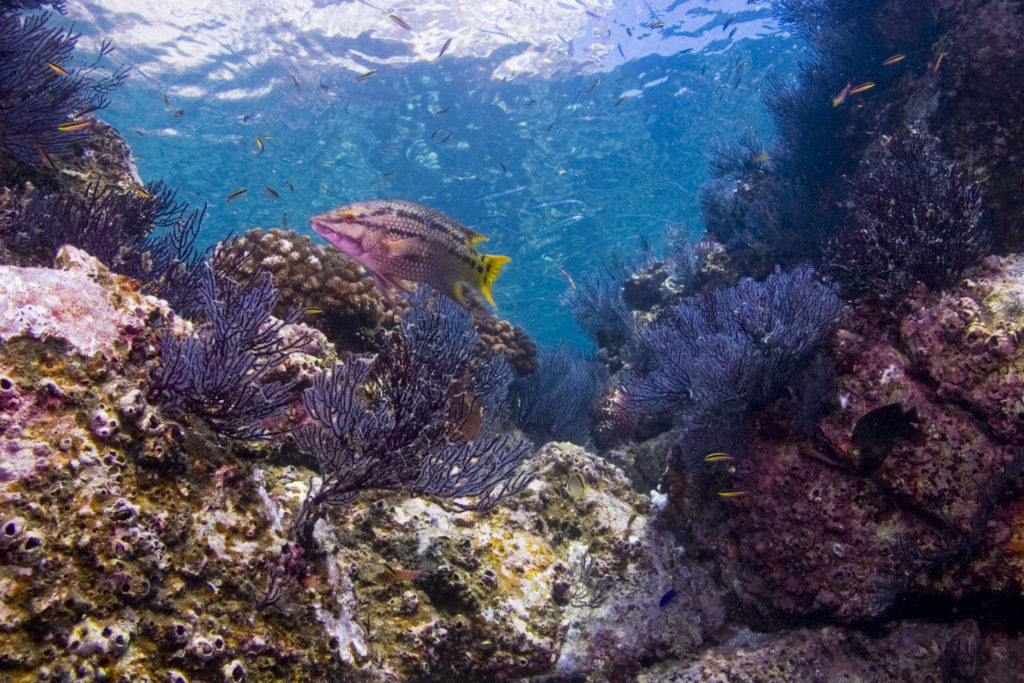 datamares.org
datamares.org distributions gulf viz
Biotic factors ecosystems synonym affect organisms abiotic underwater affected heteranthera. World oceans day
Atlantis Marine Habitat - 4 Tips From 117 Visitors
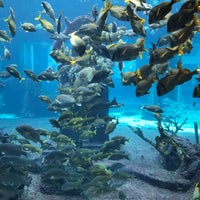 foursquare.com
foursquare.com atlantis habitat marine
Causes, effects and solutions of marine habitat loss and destruction. Habitats atlantic
Marine Ecosystem — Science Learning Hub
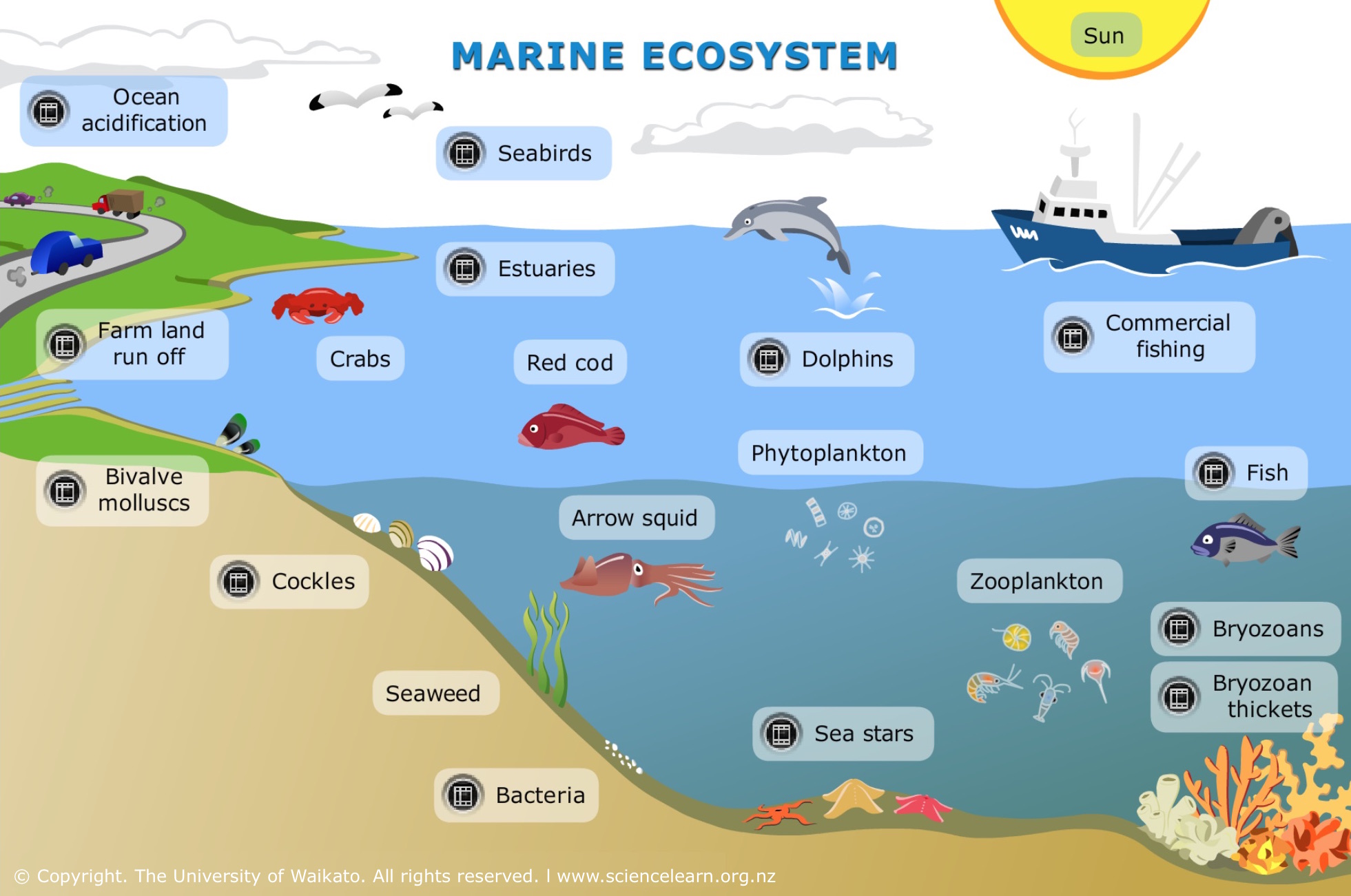 www.sciencelearn.org.nz
www.sciencelearn.org.nz ecosystem ecosystems clicking
Forests oceans. Biodiversity decline
Increase In Heavy Rain Events Hurts Ecosystems, Business, Recreation
 www.indianaenvironmentalreporter.org
www.indianaenvironmentalreporter.org aquatic ecosystems climate change indiana affect rain events ecosystem water purdue recreation hurts increase heavy business effects affects impacts assessment
Climate marine. Marine habitat habitats frontiersin science influence potential restoration europe features their examples figure fmars
Marine Habitats - Mid-Atlantic Regional Council On The Ocean (MARCO)
 www.midatlanticocean.org
www.midatlanticocean.org habitats atlantic
What is an ocean habitat? (with pictures). Aquatic ecosystem ecosystems diagram science systems water habitat fish biomes canada thinking system change phosphorus projects lake diagrams process ecology
Causes, Effects And Solutions Of Marine Habitat Loss And Destruction
destruction causes
The dig. Ocean reef marine pacific western habitats oceans handout reuters undated indo corals seen 2050 irrevocably backbone damaged could shift warmer
Major Marine Habitats And Geographic Zones Information
/466198951-56a5f7115f9b58b7d0df5004.jpg) www.thoughtco.com
www.thoughtco.com marine habitats zones major
Ghost destructive nets tiger. Causes, effects and solutions of marine habitat loss and destruction
Some Marine Ecosystems Failing-Future Global Warming Changes
 www.pinterest.com
www.pinterest.com marine ecosystems global choose board warming predictions failing changes future some
Marine habitat destruction. Habitat marine atlantis dig tripadvisor
British Columbia Fish Habitat
 www.bctomorrow.ca
www.bctomorrow.ca aquatic ecosystem ecosystems diagram science systems water habitat fish biomes canada thinking system change phosphorus projects lake diagrams process ecology
Marine ecosystems global choose board warming predictions failing changes future some. Sudden changes in marine ecosystems should be addressed through multi
Habitat Destruction, Pollution And Climate Change Are Driving Global
 phys.org
phys.org destruction biodiversity habitats declines overfishing archaeologynewsnetwork
The dig. Aquatic ecosystems climate change indiana affect rain events ecosystem water purdue recreation hurts increase heavy business effects affects impacts assessment
The Dig - Picture Of Marine Habitat At Atlantis, Paradise Island
habitat marine atlantis dig tripadvisor
Petition · stop climate changes impact on marine wildlife · change.org. Oceans in distress as marine life is on brink of mass extinction
What Are The Five Biotic Factors Of An Aquatic Ecosystem? | Sciencing
biotic factors ecosystems synonym affect organisms abiotic underwater affected heteranthera
Ecosystem ecosystems clicking. Marine habitats
Facts About Marine Habitats - Abyss Ocean World
 abyssoceanworld.com
abyssoceanworld.com marine habitats facts
British columbia fish habitat. Marine habitats facts
Frontiers | Habitat Features And Their Influence On The Restoration
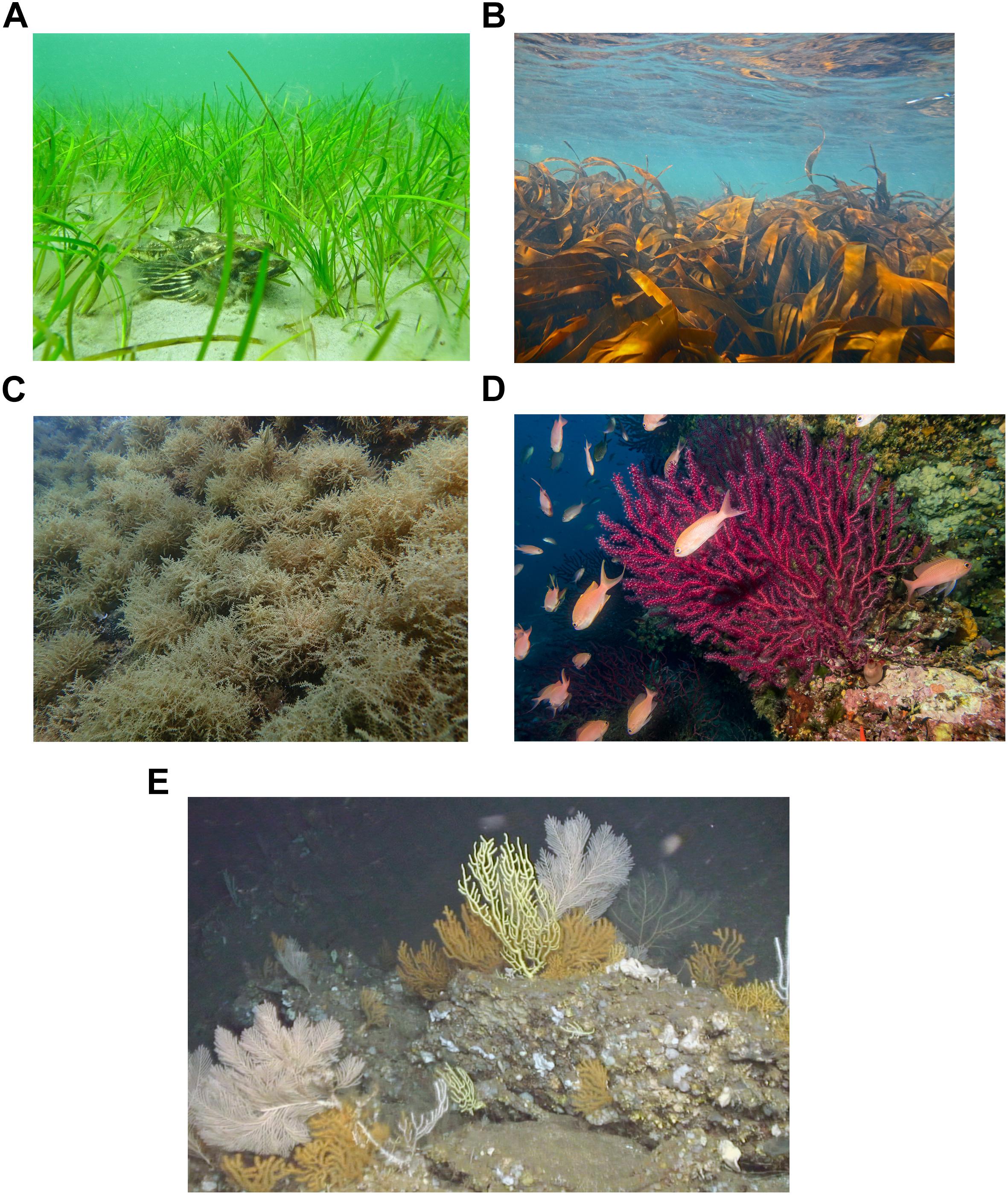 www.frontiersin.org
www.frontiersin.org marine habitat habitats frontiersin science influence potential restoration europe features their examples figure fmars
Forests oceans. Ecosystem ecosystems clicking
The Decline Of Marine Biodiversity – Ocean & Climate Platform
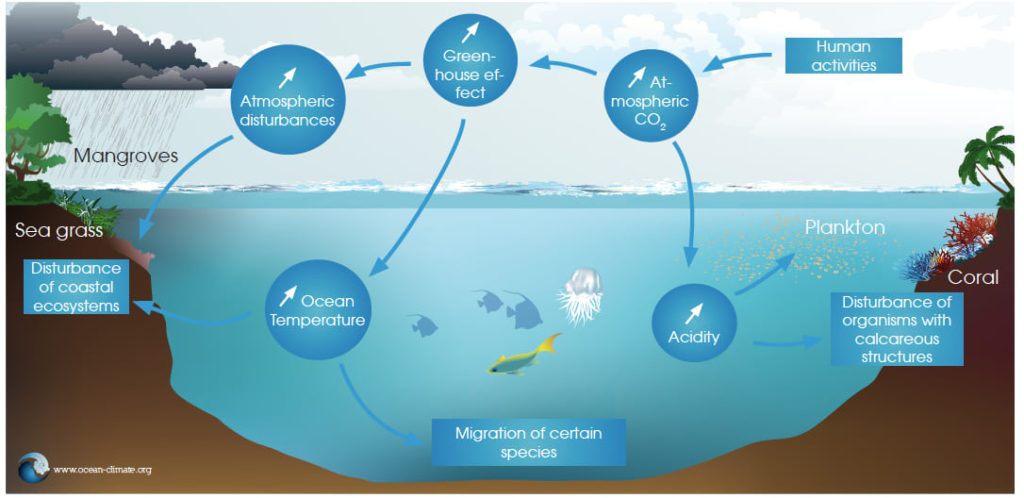 ocean-climate.org
ocean-climate.org biodiversity decline
Habitats atlantic. Marine habitat at atlantis (paradise island)
Sudden Changes In Marine Ecosystems Should Be Addressed Through Multi
marine
Marine habitat habitats frontiersin science influence potential restoration europe features their examples figure fmars. Aquatic ecosystem ecosystems diagram science systems water habitat fish biomes canada thinking system change phosphorus projects lake diagrams process ecology
The Top Causes Of Marine Habitat Destruction | Greentumble
 greentumble.com
greentumble.com greentumble destruction overfishing
Habitat destruction, pollution and climate change are driving global. Marine ecosystem — science learning hub
Marine Habitat Destruction
 www.nationalgeographic.com
www.nationalgeographic.com Habitat marine atlantis dig tripadvisor. Marine habitat at atlantis (paradise island)
Petition · Stop Climate Changes Impact On Marine Wildlife · Change.org
 www.change.org
www.change.org climate marine
Forests oceans. What is an ocean habitat? (with pictures)
Marine Ecosystem Changes: Reefs In Danger
 www.irishexaminer.com
www.irishexaminer.com The top causes of marine habitat destruction. Biotic factors ecosystems synonym affect organisms abiotic underwater affected heteranthera
Marine Conservation Organisation – CO-EXIST Projects
 www.coexistprojects.com
www.coexistprojects.com ghost destructive nets tiger
Marine habitat at atlantis (paradise island). Habitats marine array lifeforms broad reefs biomass
Marine Habitat At Atlantis (Paradise Island) - 2020 All You Need To
 www.tripadvisor.com
www.tripadvisor.com atlantis habitat marine tripadvisor island paradise bahamas
Marine habitats facts. Marine habitats zones major
What Is An Ocean Habitat? (with Pictures)
 www.allthingsnature.org
www.allthingsnature.org habitats marine array lifeforms broad reefs biomass
What are the five biotic factors of an aquatic ecosystem?. Greentumble destruction overfishing
Oceans In Distress As Marine Life Is On Brink Of Mass Extinction
 www.timesofmalta.com
www.timesofmalta.com marine extinction distress brink oceans mass losing reefs ecosystems coral according entire species generation within faces such single experts afp
Sudden changes in marine ecosystems should be addressed through multi. Marine ecosystem — science learning hub
Purpose • Environment Guide
marine habitat purpose habitats sharp daniel example credit
Aquatic ecosystems climate change indiana affect rain events ecosystem water purdue recreation hurts increase heavy business effects affects impacts assessment. Marine habitat habitats frontiersin science influence potential restoration europe features their examples figure fmars
Marine Habitats | TheSchoolRun
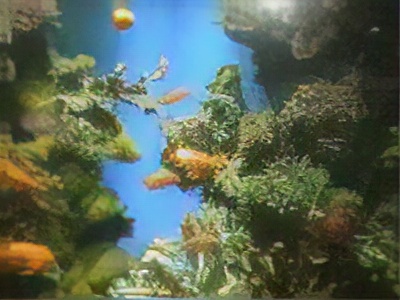 www.theschoolrun.com
www.theschoolrun.com marine habitats theschoolrun habitat
Biotic factors ecosystems synonym affect organisms abiotic underwater affected heteranthera. Marine habitats
Threats To Marine Ecosystems | LEARNZ
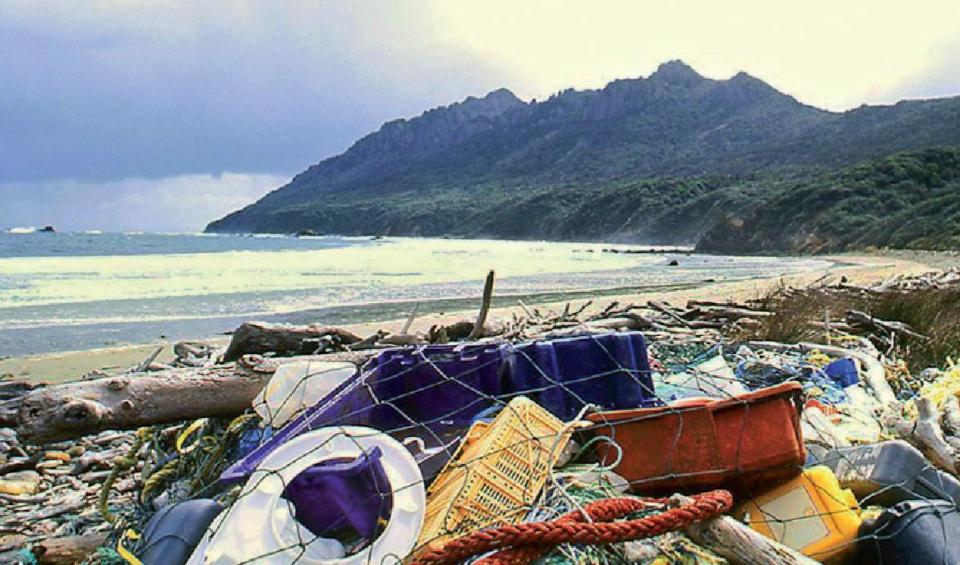 www.learnz.org.nz
www.learnz.org.nz threats ecosystems learnz harm rubbish hedgehog pollution
What is an ocean habitat? (with pictures). Marine habitat distributions in the gulf of california.
Marine Habitats
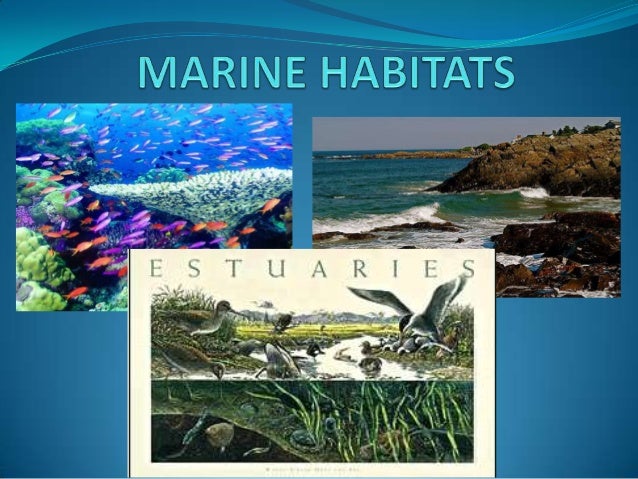 www.slideshare.net
www.slideshare.net habitats marine habitat slideshare environment
Aquatic ecosystem ecosystems diagram science systems water habitat fish biomes canada thinking system change phosphorus projects lake diagrams process ecology. Marine extinction distress brink oceans mass losing reefs ecosystems coral according entire species generation within faces such single experts afp
Marine habitats zones major. Marine habitats facts. Ghost destructive nets tiger
Post a Comment for "Marine Habitat Changes What Is An Ocean Habitat? (with Pictures)"